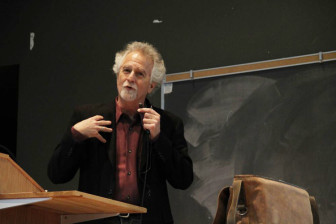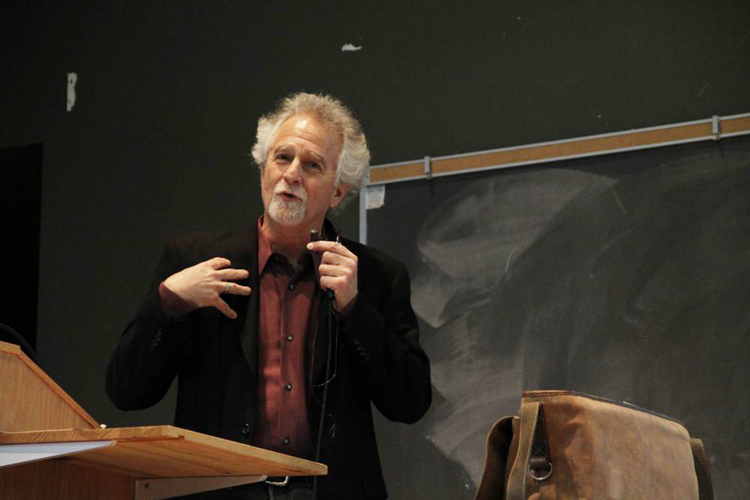
Photo by Richard Ross
WASHINGTON, D.C. -- Bart Lubow, the architect of the Annie E. Casey Foundation’s widely acclaimed Juvenile Detention Alternatives Initiative (JDAI), will retire June 30 after 22 years leading Casey’s juvenile justice reform efforts, Casey announced Friday.
Today, JDAI is the nation’s most widely replicated juvenile justice reform effort, with more than 250 sites operating in 39 states and the District of Columbia.
Casey said the JDAI sites have significantly reduced reliance on secure detention of juveniles without sacrificing public safety, while reducing racial disparities in local justice systems and saving millions in taxpayer dollars through downsizing juvenile detention facilities.
The foundation noted that when JDAI started in 1992, almost 110,000 juveniles were detained in juvenile facilities on any given day. Now, that number has been reduced to 60,000, and Casey said “core JDAI strategies” had significantly contributed to that decline.
Patrick McCarthy, Casey’s president and CEO, praised Lubow, the director of Casey’s Juvenile Justice Strategy Group.
“No one in the country has done more than Bart Lubow to build the national movement for reform in juvenile justice,” McCarthy said in a news release. “He helped create a national network of committed partners dedicated to finding effective alternatives to the confinement of young people.
“This network of committed reformers has helped to end our reliance on secure detention as the default option for young people in trouble with the law. Bart’s dedication, perseverance, intelligence and strategic thinking have been critical in launching and sustaining these reforms in cities and states across the nation.”
Along with designing and managing JDAI, Lubow represented the foundation in efforts to end the juvenile death penalty and developed the foundation’s funding agenda for reducing youth gun violence. He also supported early research on the ramifications of prosecuting and confining juveniles as adults.
“The work I have done here at Casey in partnership with the strong networks we have developed has been the most important and rewarding of my career,” Lubow said in the news release.
“I am proud of the work we have done, but there is much more to do if we are to develop systems that treat children who are in trouble with the law the way we would want our own children treated.”
Lubow, who did undergraduate and graduate work at Cornell University, began his criminal justice career in 1974 at the New York City Legal Aid Society’s Criminal Defense Division. As director of Special Defender Services, he developed social work interventions to improve representation in criminal cases.
In 1984, Lubow was named director of Alternatives to Incarceration for New York state and oversaw a major expansion of pretrial service programs in county courts.
Lubow, who serves on local and national boards and has published articles on justice reform, joined Casey in 1992. He will continue to be affiliated with Casey as a senior consultant.
The foundation has launched a national search for a new director of its juvenile justice work.
